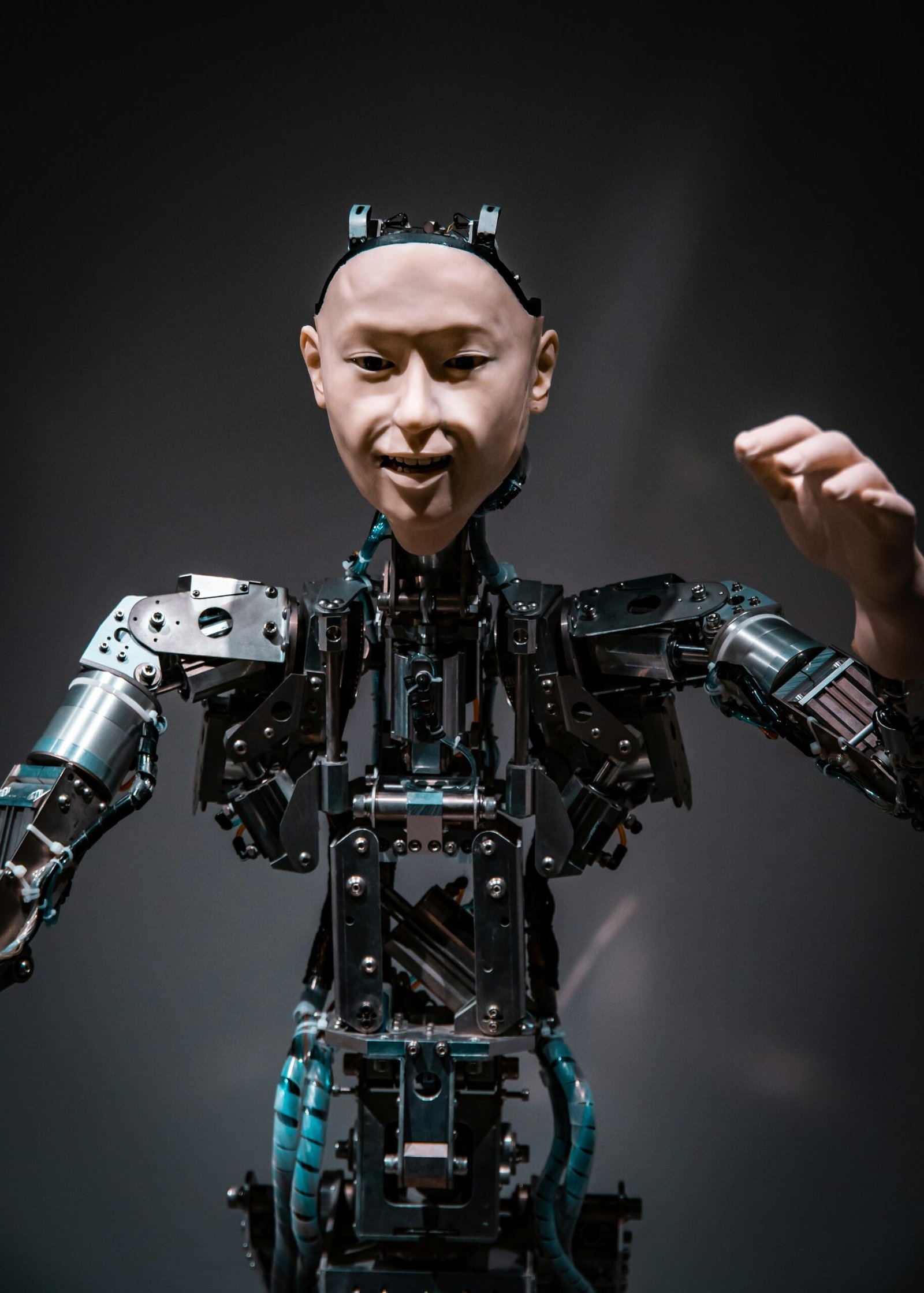
Introduction to Artificial Intelligence in Education
Artificial Intelligence (AI) is transforming various sectors, including education. AI simulates human intelligence processes through machines, particularly computer systems. These processes include learning, reasoning, problem-solving, and language understanding. In education, AI offers innovative ways to enhance teaching and learning.
The role of AI in education is growing. Institutions are using AI to improve efficiency and personalize learning. AI technologies help create adaptive learning platforms, responding to the unique needs of each student. These platforms use data analytics and machine learning algorithms to assess student performance and tailor content accordingly.
AI in education offers numerous benefits. It automates administrative tasks, freeing educators to focus on teaching. Intelligent tutoring systems provide on-demand assistance, fostering a supportive learning environment. However, AI also brings challenges, such as data privacy concerns and ethical issues. Addressing these challenges is crucial as AI continues to shape education.
Personalized Learning Experiences
AI has revolutionized education by enabling personalized learning. Traditional approaches often fail to accommodate diverse learning styles. AI technologies, however, analyze student performance to deliver customized content.
Adaptive learning technologies are a prime example. Platforms like DreamBox Learning and Knewton adjust lessons based on student responses. If a student struggles with a concept, the system provides additional resources, ensuring mastery before moving forward.
AI-powered tools also analyze data from assessments and classroom interactions. This insight helps educators design effective strategies for different learners. Personalized learning enhances engagement and motivation, leading to better academic outcomes.
Intelligent Tutoring Systems
Intelligent Tutoring Systems (ITS) are reshaping education. These AI-driven systems adapt to individual students’ needs by analyzing data like performance and engagement. ITS provides real-time feedback, reinforcing concepts and correcting misunderstandings.
ITS allows for personalized support, similar to one-on-one tutoring. It adjusts content based on a student’s mastery, offering appropriate challenges. This boosts confidence and creates a more engaging learning experience.
Research shows that ITS improves student performance. It delivers targeted instruction, helping students overcome challenges more efficiently. As ITS continues to evolve, it is redefining the educational landscape, enhancing learning outcomes.
AI-Enhanced Administrative Efficiency
AI is improving administrative efficiency in education. It automates repetitive tasks, allowing educators to focus on teaching and student engagement.
One application of AI is streamlining student enrollment. AI-powered systems handle applications, process documents, and verify information quickly. This reduces errors and speeds up the onboarding process.
AI also optimizes scheduling. It analyzes variables to create efficient class schedules. By predicting demand and accommodating needs, AI enhances resource utilization. Grade processing is another area where AI shines, automating grading and ensuring consistency.
AI-Enhanced Assessments and Evaluation
AI is transforming educational assessments. Automated grading systems use algorithms to assess student responses, providing efficient and fair evaluations. These systems reduce the potential for human error and bias in grading.
AI also improves the student experience during assessments. AI-powered online exams adapt to a student’s knowledge level in real-time. This provides a tailored evaluation process, helping identify areas where students need support.
Educators benefit from AI’s data insights. AI highlights trends in performance, guiding instructors to address common challenges proactively. This improves the overall learning environment and supports personalized interventions.
Supporting Educators with AI
AI supports educators by streamlining lesson planning and providing insights into student progress. AI platforms suggest relevant resources and activities that align with learning objectives. These tools save time and help create engaging lessons.
In classroom management, AI analyzes student behavior patterns. This allows educators to implement strategies for a positive learning environment. AI also tracks learning progress, helping teachers identify students who need extra support.
By leveraging AI, educators can focus on teaching while improving student outcomes.
AI in Inclusive Education
AI is playing a crucial role in inclusive education. It helps address the needs of students with disabilities by offering personalized learning tools.
AI-powered platforms like Voiceitt translate speech for students with speech impairments. This enables better communication and participation in class. Text-to-speech software helps students with visual impairments or reading disabilities access digital content.
These tools promote equity in education, ensuring that all students can engage and succeed in their learning.
Ethical Considerations and Challenges
As AI becomes more integrated into education, ethical concerns arise. Data privacy is a major issue. AI systems require access to student data, which must be protected to build trust. Regulations like GDPR provide frameworks to safeguard this data.
Algorithmic bias is another concern. AI tools may reinforce inequalities if not properly monitored. Developers and educators must work to identify and mitigate biases in AI systems.
The digital divide is also a challenge. Not all students have equal access to technology, which can widen educational inequalities. Efforts to ensure inclusive access are critical for AI’s success in education.
The Future of AI in Education
The future of AI in education promises significant advancements. Adaptive learning will continue to grow, allowing for even more personalized learning experiences. AI tools will enhance evaluation methods, providing real-time feedback to improve teaching.
AI will also automate more administrative tasks, freeing educators to focus on students. However, challenges like privacy and bias must be addressed to ensure ethical use. Proper training for both educators and students will be essential.
As AI evolves, it will reshape education, creating a more personalized and effective learning environment.


